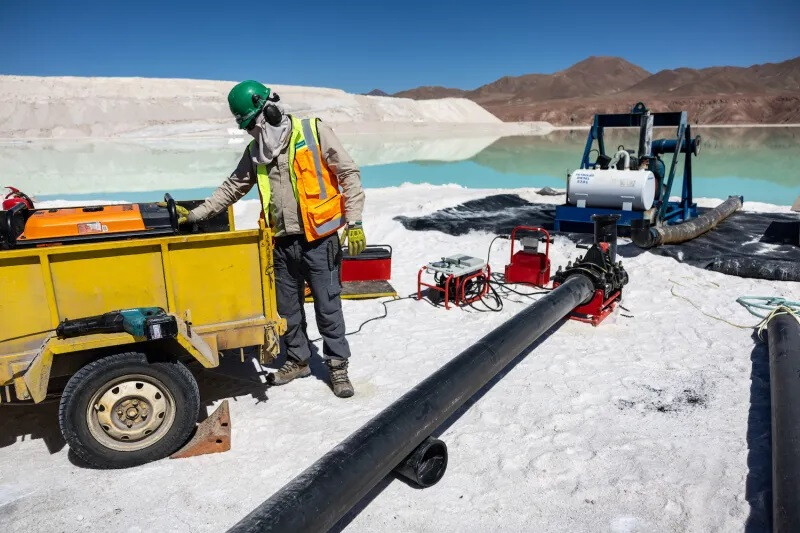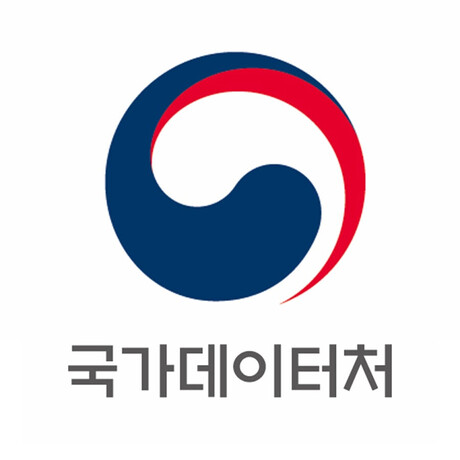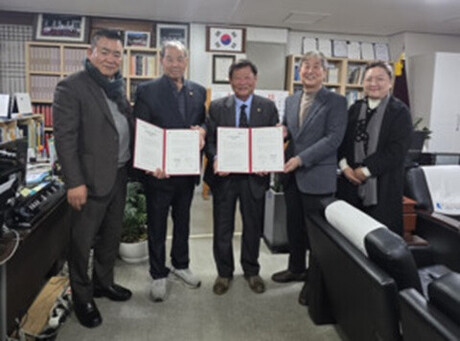
Santiago, Chile – Riding a wave of global demand for lithium, a crucial component in electric vehicle batteries and renewable energy storage, Chile is aggressively pursuing a national strategy to ramp up its lithium mining operations. As the nation holding approximately 44% of the world's lithium reserves (as of 2021), the government of President Gabriel Boric aims to not only capitalize on this mineral wealth but also to foster a sustainable industry that benefits the state and local communities while minimizing environmental impact.
The cornerstone of this ambition is the National Lithium Strategy, unveiled in 2023. This plan envisions a significant role for the Chilean state in lithium extraction, opening up 26 salt flats for exploitation through special lithium operating contracts (CEOLs) awarded to both domestic and international companies. The Ministry of Mining initiated the CEOL grant process in January for six priority salt flats, including Ascotán, Ollagüe, and Coipasa, with consultations underway with Indigenous populations living near these areas, as mandated by law. Simultaneously, state-led expansion plans are advancing in reserves like Maricunga, Salares Altoandinos, and Atacama.
Balancing Economic Ambition with Environmental Realities
While the economic potential is undeniable – lithium briefly became Chile's top export after copper in 2022, generating USD 8.5 billion – significant environmental concerns loom over the ambitious expansion. The Salar de Atacama, currently the primary site of lithium extraction by SQM and Albemarle, already sees the extraction of over 63 billion liters of brine annually. Critics warn that extending such intensive water abstraction to new salt flats could have long-term detrimental effects on fragile desert ecosystems, impacting biodiversity and the availability of water resources for local communities.
"Everything happens silently and over a long period of time, like a cancer in the blood," cautions Jaime Aleé, an electrical engineer at the University of Chile, highlighting the less visually dramatic but potentially pervasive impacts of brine extraction compared to traditional hard-rock mining.
Indigenous communities, whose ancestral lands often border or overlap with the targeted salt flats, voice strong concerns about the potential threats to their water sources, cultural heritage, and spiritual practices. Sonia Ramos, an environmental activist and community leader from Atacama, emphasizes that "Our culture is living with the aggression of lithium extraction because of the issue of our waters, which mean survival for us."
The Promise of Direct Lithium Extraction (DLE)
In response to these environmental challenges, both the government and interested mining companies are pinning hopes on the widespread adoption of Direct Lithium Extraction (DLE) technologies. Unlike the conventional method of solar evaporation ponds, DLE aims to selectively extract lithium from brine with significantly reduced water consumption and a smaller environmental footprint.
Several companies, including China's Sunresin, Eramet, Enami, SQM, Albemarle, and Grupo Errázuriz, have expressed their intention to utilize DLE in their Chilean operations. Emilio Bunel, an engineering professor at the Pontifical Catholic University of Chile and a DLE consultant, notes Sunresin's successful deployment of DLE plants in China, producing around 80,000 tonnes of lithium carbonate annually. The company also has a pilot plant operating in northern Chile.
However, experts like Ingrid Garcés, a researcher at the University of Antofagasta, urge caution, emphasizing the need for rigorous socio-environmental impact assessments for DLE technologies to avoid repeating past mistakes.
Enter the National Lithium and Salt Flats Institute (Ilisa)
A key component of Chile's strategy is the establishment of the National Lithium and Salt Flats Institute (Ilisa), inaugurated in January 2025. The government states that Ilisa will play a crucial role in ensuring the sustainable development of Chile's lithium resources and salt flats. Its mandate includes conducting research to characterize the diverse salt flats, informing sustainable extraction practices, and promoting the recovery of materials through lithium battery recycling.
Verónica Molina, an oceanography and microbial ecology expert at the University of Playa Ancha and an Ilisa board member, describes the institute's creation as "unprecedented." While optimistic about its potential to foster interdisciplinary efforts towards more sustainable mining, she acknowledges that Ilisa alone won't solve all the industry's challenges and stresses the importance of transparency.
Navigating Indigenous Rights and Consultations
As the expansion plans move forward, the Chilean government is legally obligated to conduct consultations with Indigenous communities whose territories may be affected. Multiple consultations are currently underway in the northern regions. However, concerns have been raised by community members like Leydi Sandon of the Coyo community regarding the burden of participating in simultaneous consultations and the need for independent oversight to ensure fairness and transparency.
Ercilia Araya, leader of the Colla Pai Ote Indigenous community near the Maricunga salt flats, has been critical of past consultation processes, alleging a lack of transparency and unfulfilled commitments by state-owned Codelco.
Economic Realities and Strategic Adjustments
The dramatic lithium price surge in 2022, which propelled lithium to the forefront of Chile's exports, has since subsided. While experts like Emilio Bunel anticipate a price rebound, the era of ultra-high prices may be over. This shift in economic realities has led some to suggest a recalibration of the national strategy, focusing on optimizing existing operations, particularly in the Atacama and Maricunga salt flats, through the implementation of DLE, rather than aggressively pursuing numerous smaller projects.
Despite these economic considerations, the awarding of CEOL contracts for priority salt flats is proceeding, with announcements expected by the end of March. Raúl del Barrio of RJR Salar mining company indicates that Errázuriz and Canada-based Lithium Chile are slated to be awarded the Coipasa salt flat, while a consortium of Codelco, Quiborax, and Eramet is expected to secure the Ascotán salt flat.
A Fork in the Road for Chile's Lithium Ambitions
As Chile stands on the cusp of significantly expanding its lithium mining footprint, the path towards a truly sustainable industry remains fraught with challenges. Balancing the immense economic potential with the imperative to protect fragile ecosystems and respect the rights of Indigenous communities will require not only technological innovation but also robust regulatory frameworks, transparent consultation processes, and a genuine commitment to environmental stewardship. Whether Chile can successfully navigate this complex terrain will have significant implications for the global lithium supply chain and the future of sustainable resource extraction.
[Copyright (c) Global Economic Times. All Rights Reserved.]






























